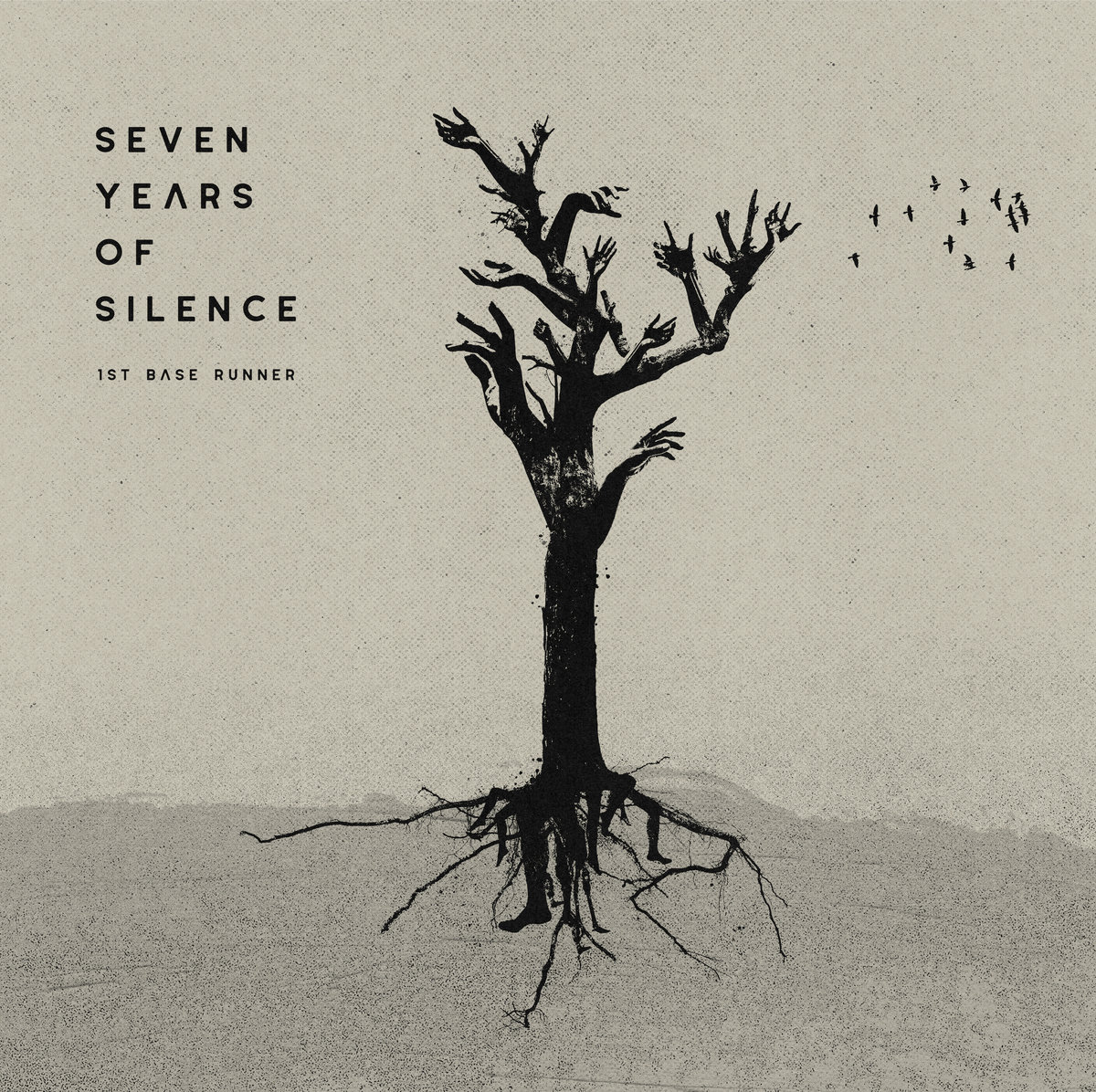We may think of electronic music as more connected to science and math due to the equipment it’s made on and seeing the waveforms onscreen in ways our musical predecessors could only have dreamed, but the science and math of music has been heavily studied at the very least since the time of the ancient Greeks. Pythagoras is of course known for his theorem around measuring triangles, but he also applied his studies and findings to music.
Flash forward through wax cylinders, Musique Concrète, Tangerine Dream and now EDM, the science and math of sound is more important to pop culture than it’s ever been, and there’s a stalwart fleet of experimental artists pushing that research. Ottowa-based Electric Treatment Free could definitely be counted among those experimenters, though he just splashed onto the scene recently. His debut self-titled is definitely a study in how sounds come together.
An audioacoustic free-for-all, Electric Treatment Free (real name Mark Uygur), states how the EP was made quite simply:
“All music written by a human and played by a computer.”
That’s pretty much all that’s simple about this EP. As with a lot of audioacoustic work, one can actually hear the math flowing through each song, whether it’s in the abstract like the Greeks were philosophizing over or you’re the Rachel Riley type and you can actually see Pascal’s triangle setting itself up. That current runs through the beats and sounds, bringing the cosmic, untouchable nature of music back down to earth.
That’s not to say there’s no emotion in Electric Treatment Free’s work; quite the contrary. Different melodies abound in tracks like the lead “study 4,” even as so much theory and sound design is played with. The intro sounds cosmic and emotive and like it would fit right in a psytrance track, while the meat of it conjures feelings of Switched-On Bach and other early electronic/classical fusion works. Uygur plays with sinewaves with such speed and precision, one might wonder if he’s actually playing a Theremin.
After the five minute “study 4” that’s pretty much all melody, “andrei’s bright day” is a one-minute clip that goes full experimental with vocal loops, static, and the organized noise of a dissonant piano. Similarly, “The Brother of Sleep” is a study in vintage audio loops, but more a recitations with a somewhat relaxed and loose melody as the driver rather than a discernable beat.
The penultimate track on the EP is literally called “maths” (told ya) and its a Ratatat-style guitar track. Uygur parenthetically named the track “conlon guitars” and this might refer to famous guitar teacher Tom Conlon but it’s unclear whether that means it’s inspired by, sampled from or played by. Either way, the style is similar and the math of the notes and melodies is undeniable.
Lastly, “fort smith” is the only track on this EP with a beat, and even more surprisingly it’s a drum & bass beat, with sort of a half-amen pattern, and it’s only one section of the track. “fort smith” almost seems like a sampler of the rest of the EP, with the Theremin-like classical sinewave work, the vintage vocal loops and the heavy guitars all playing a part in a sort of experimental electronica cacophony that closes with a vintage voice saying “rolling out,” in a calm fashion that belies the organized chaos contained n the rest of the EP.
Music scientists like Uygur as Electric Treatment free are truly so important because not only do they remember that music is all math and theory, even in the abstract, but they are the ones who hold the key to more innovation in other genres. Electronic music happened, after all, when someone learned to loop the sounds of a train in France onto a tape. Before that, philosophers and mathematicians worked to figure out and explain the science of sound. Rather than making it clinical and sterile, this endeavor seeks to connect with the eternity and infallibility of music. That’s why, even when EDM is often naught but a load of ones and zeros on a computer program, it can still make us feel so much.
Electric Treatment Free it out now to stream or purchase on the artist’s Bandcamp page.










